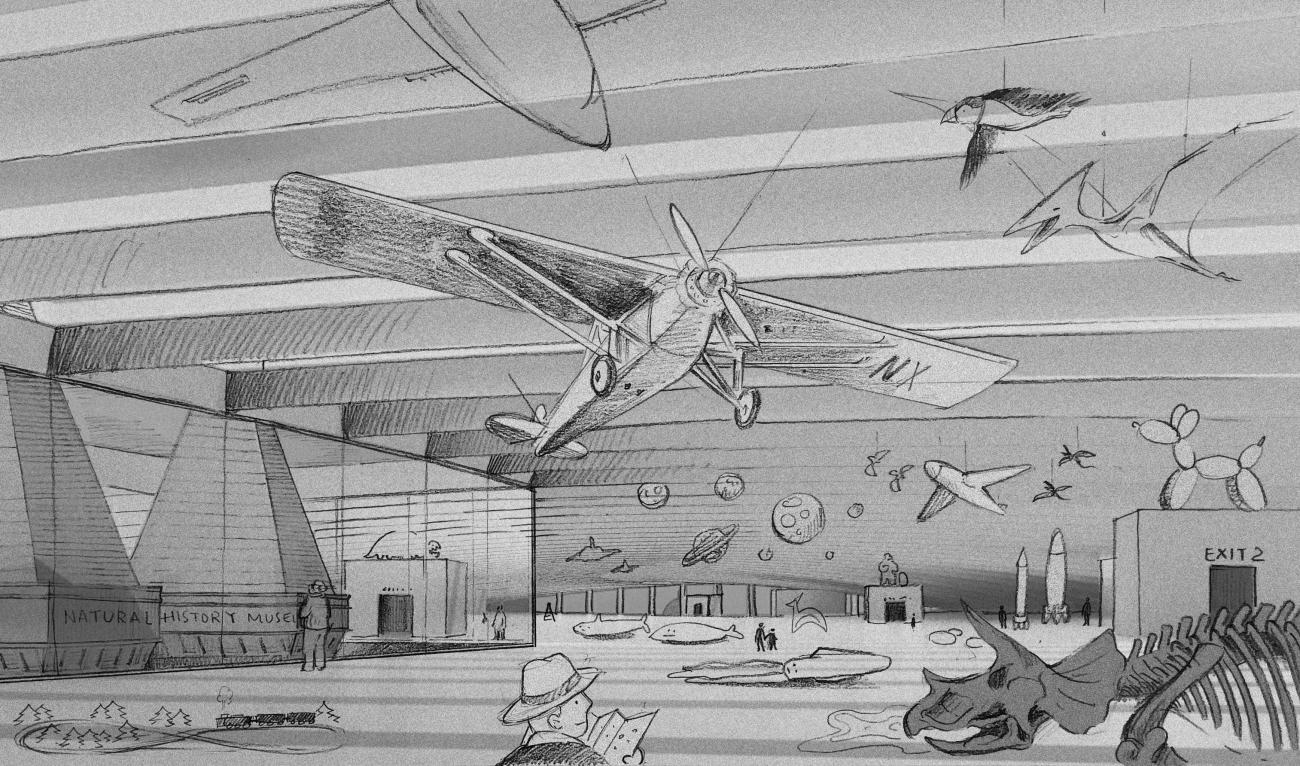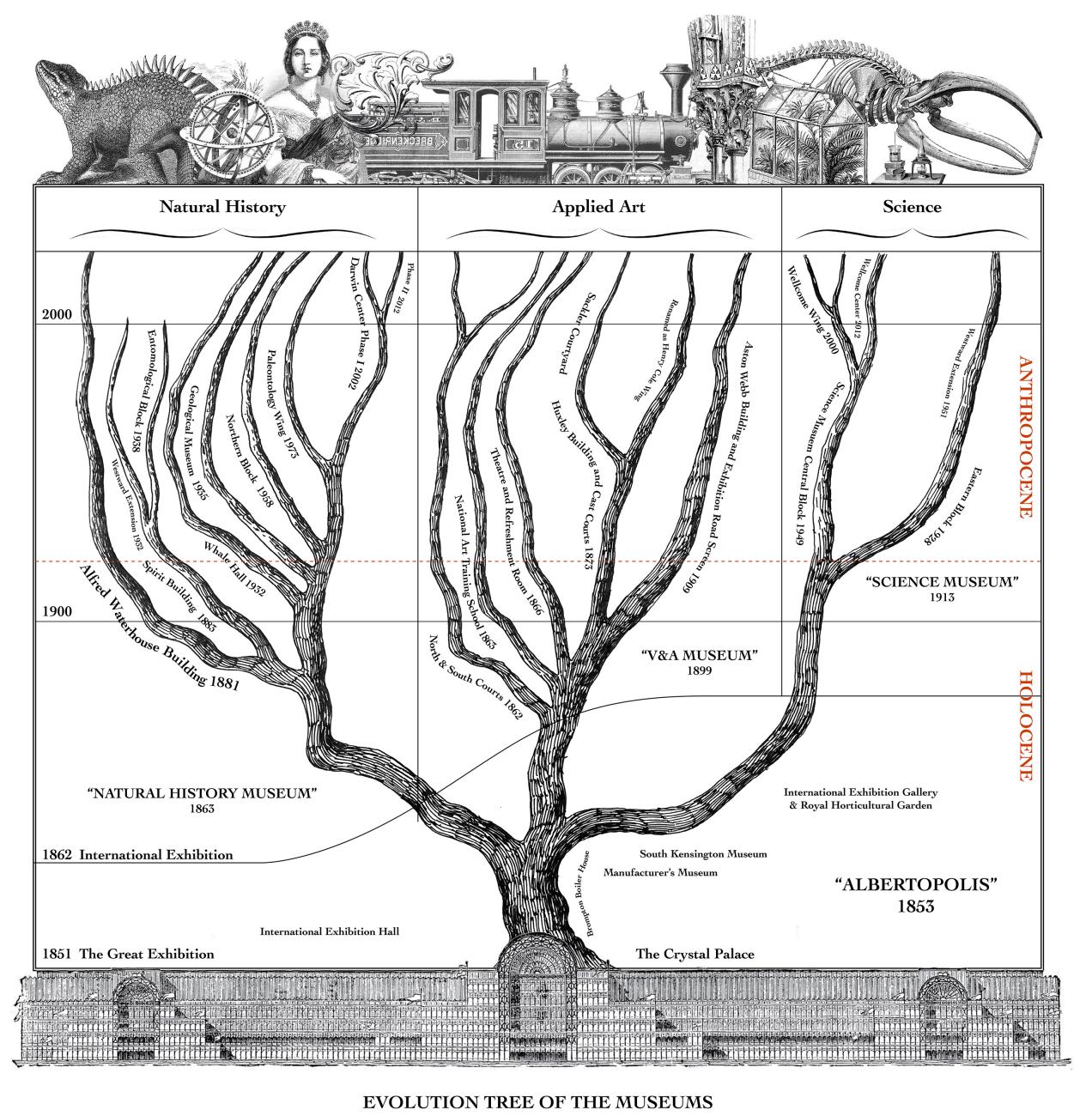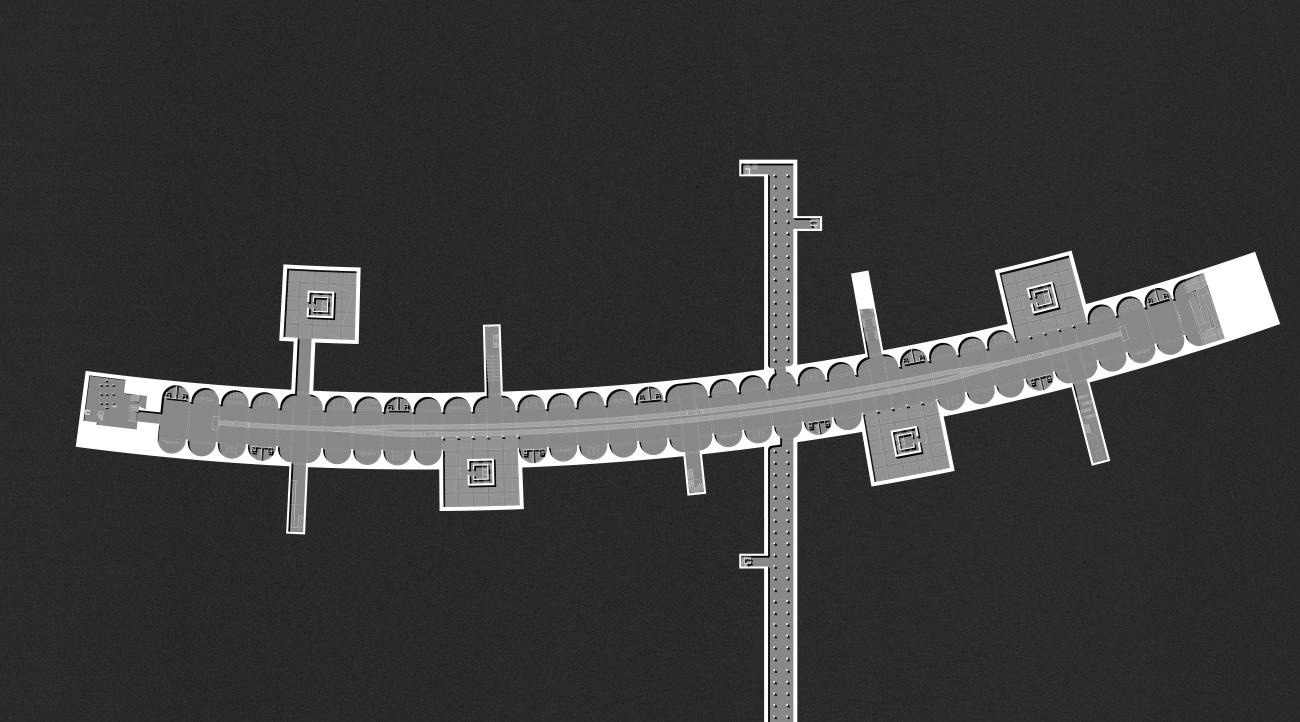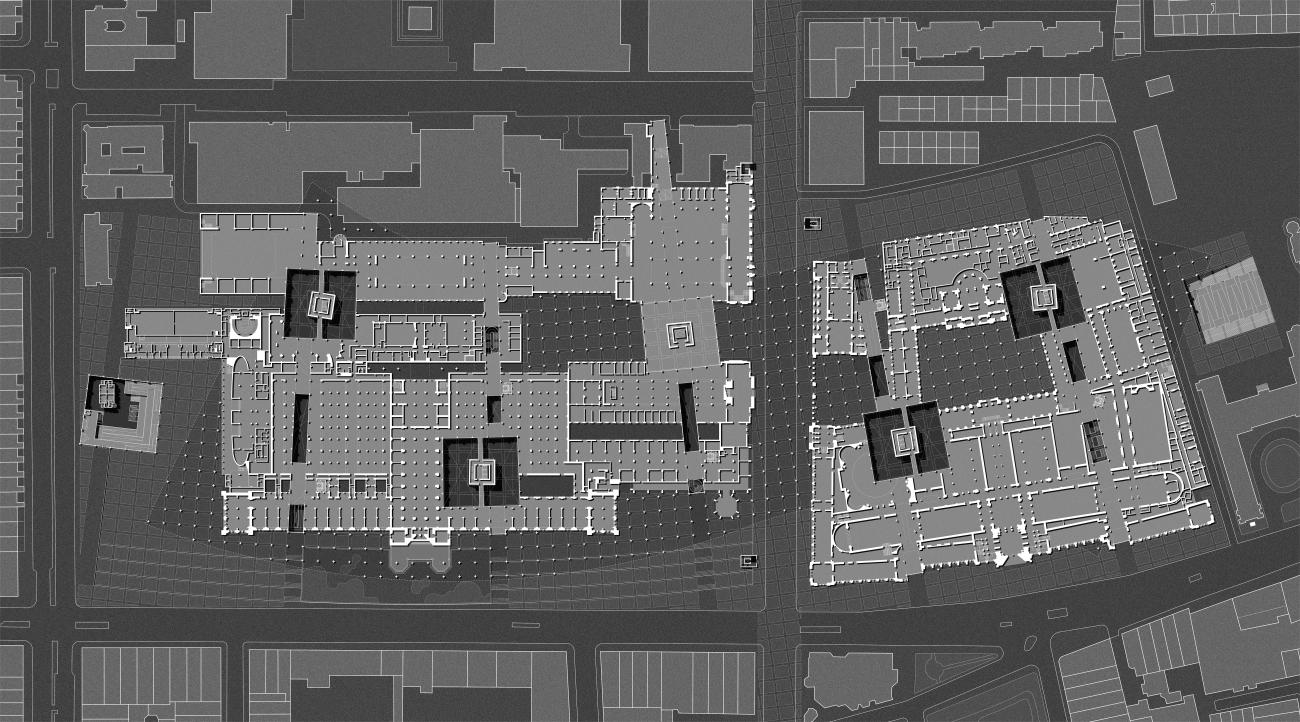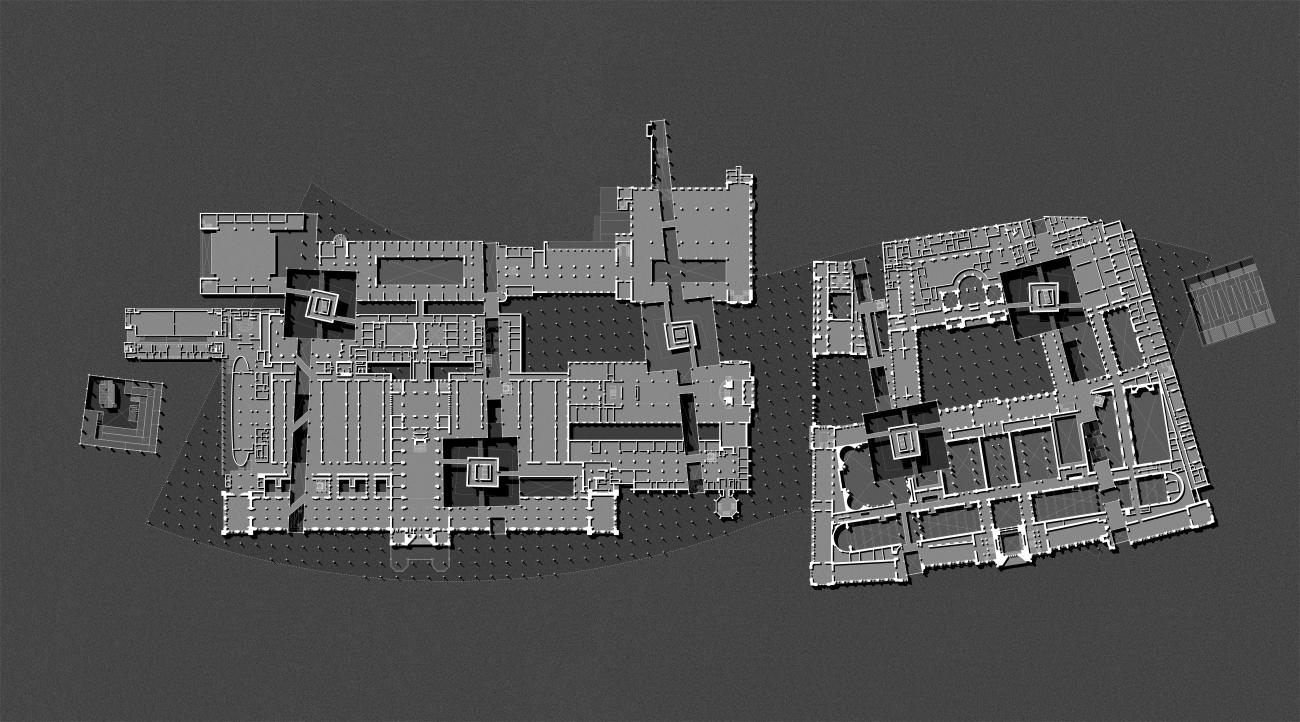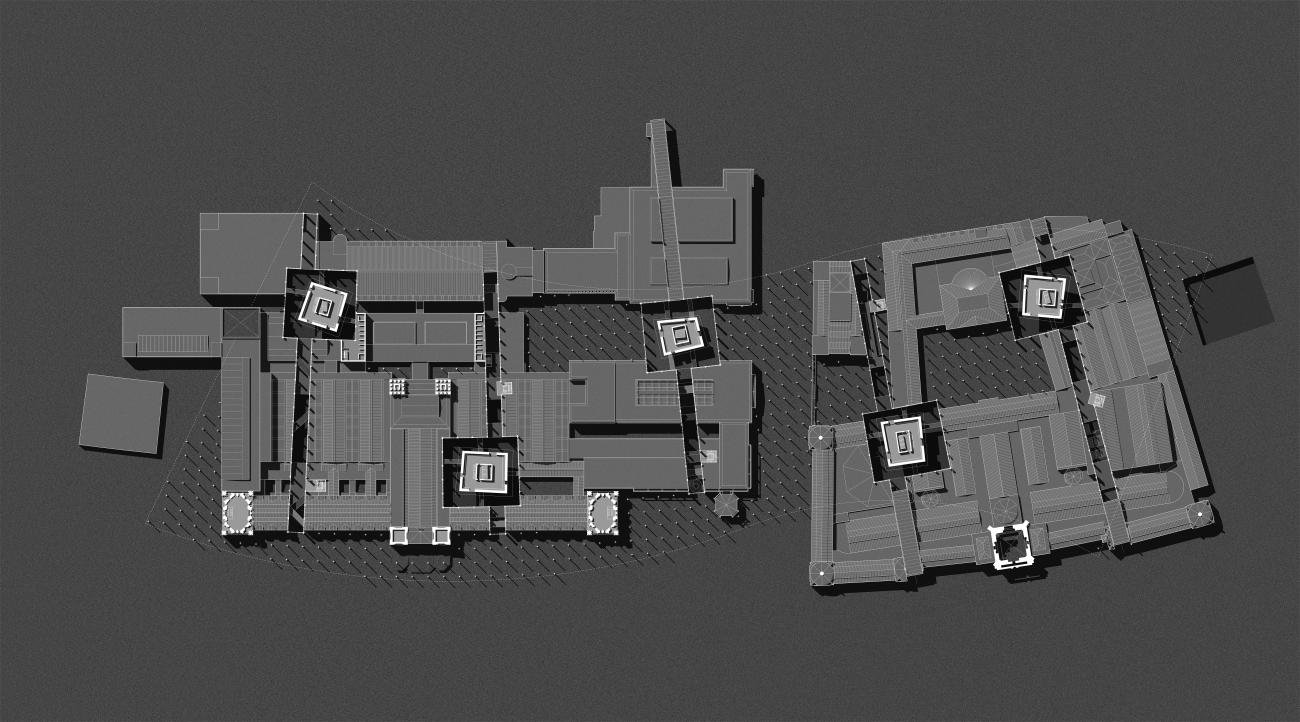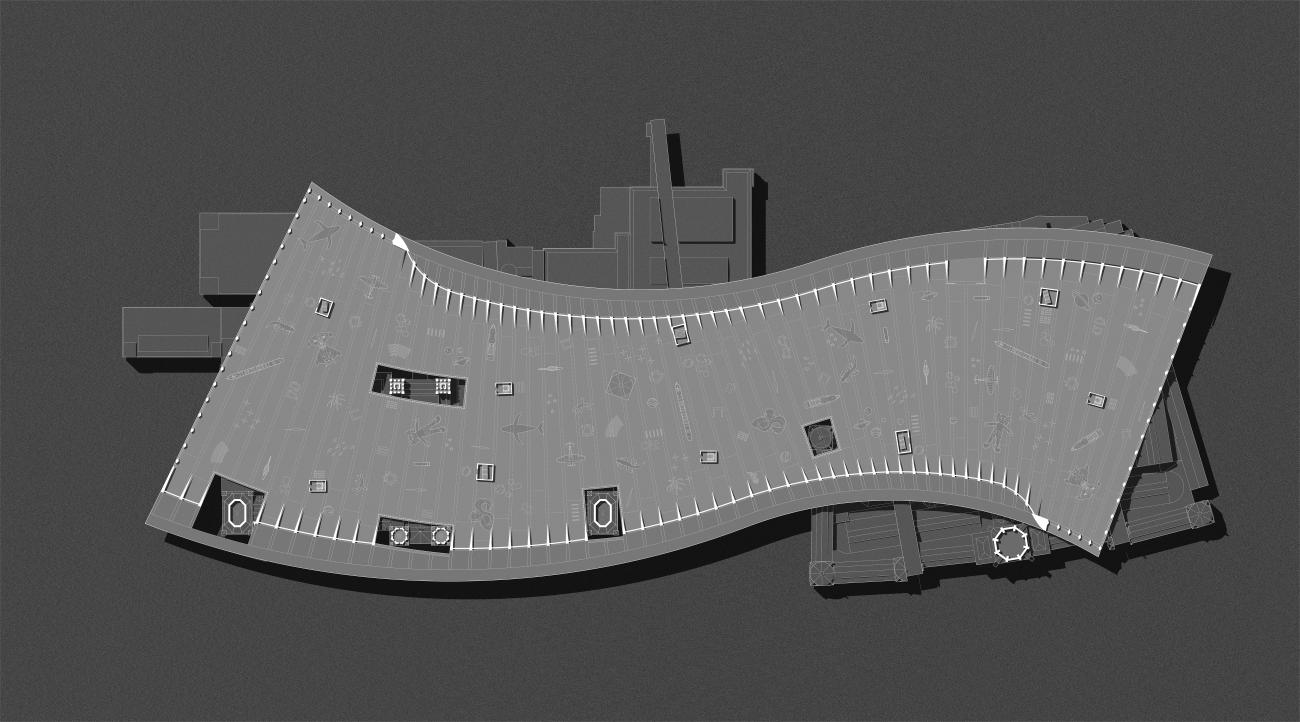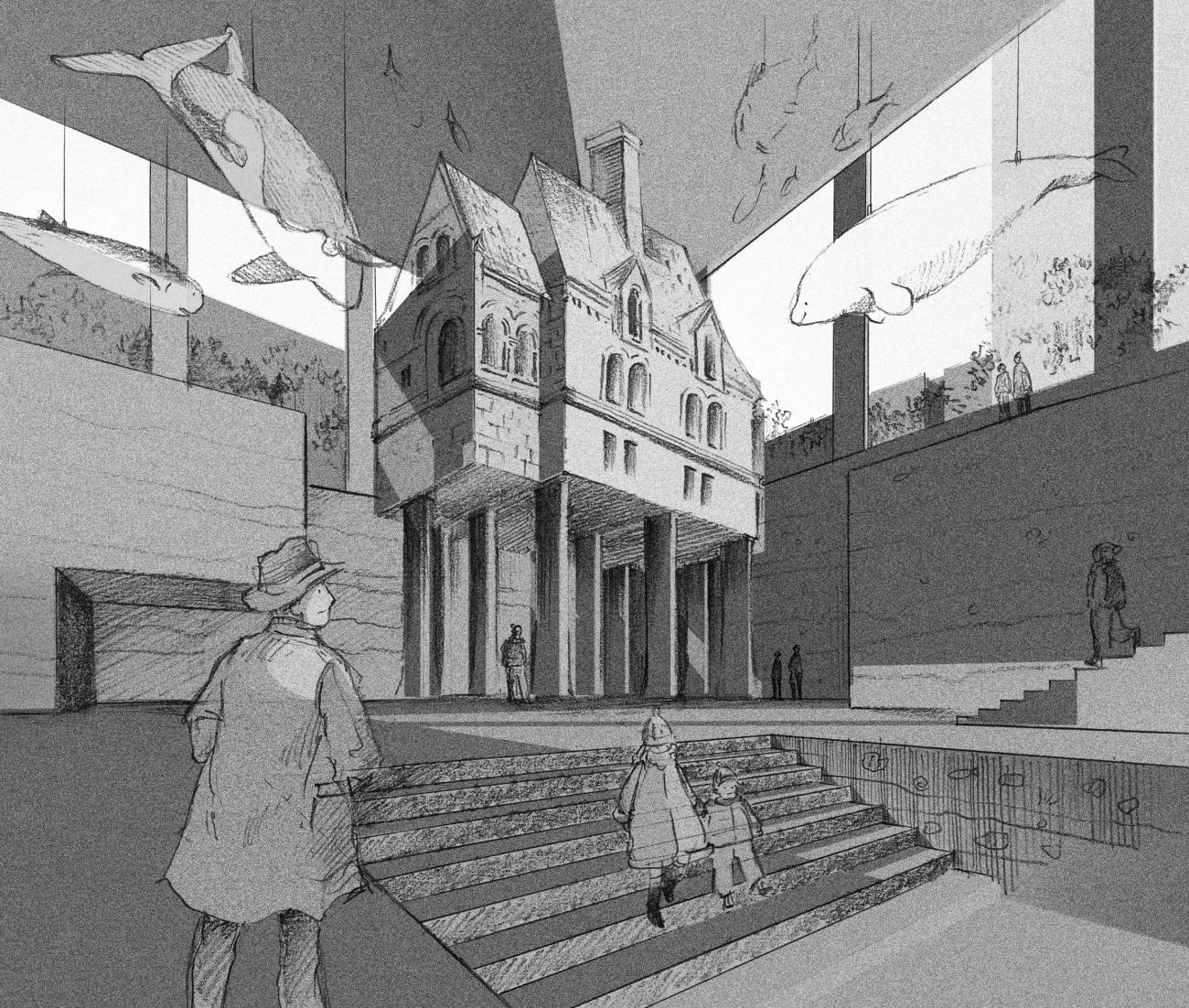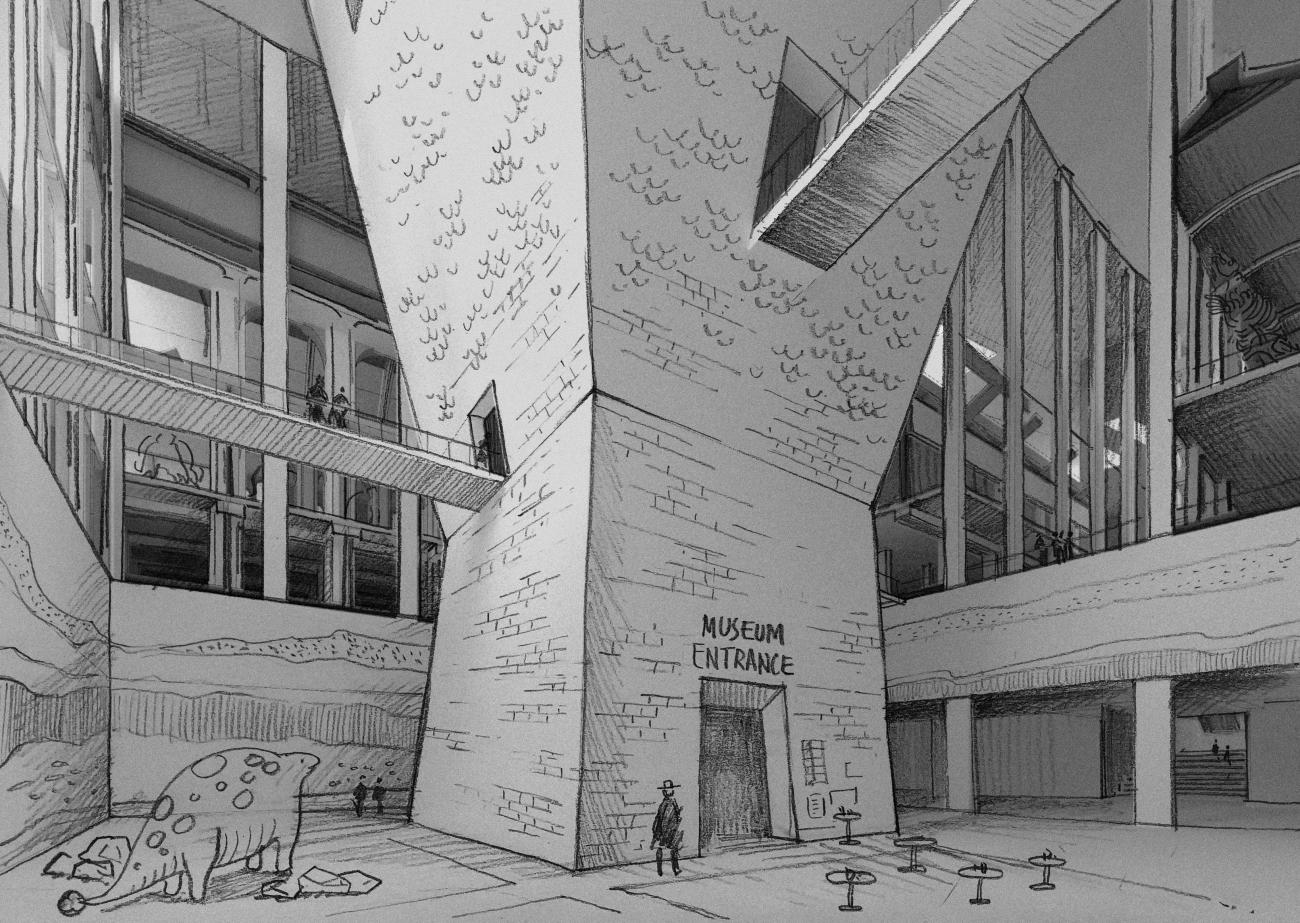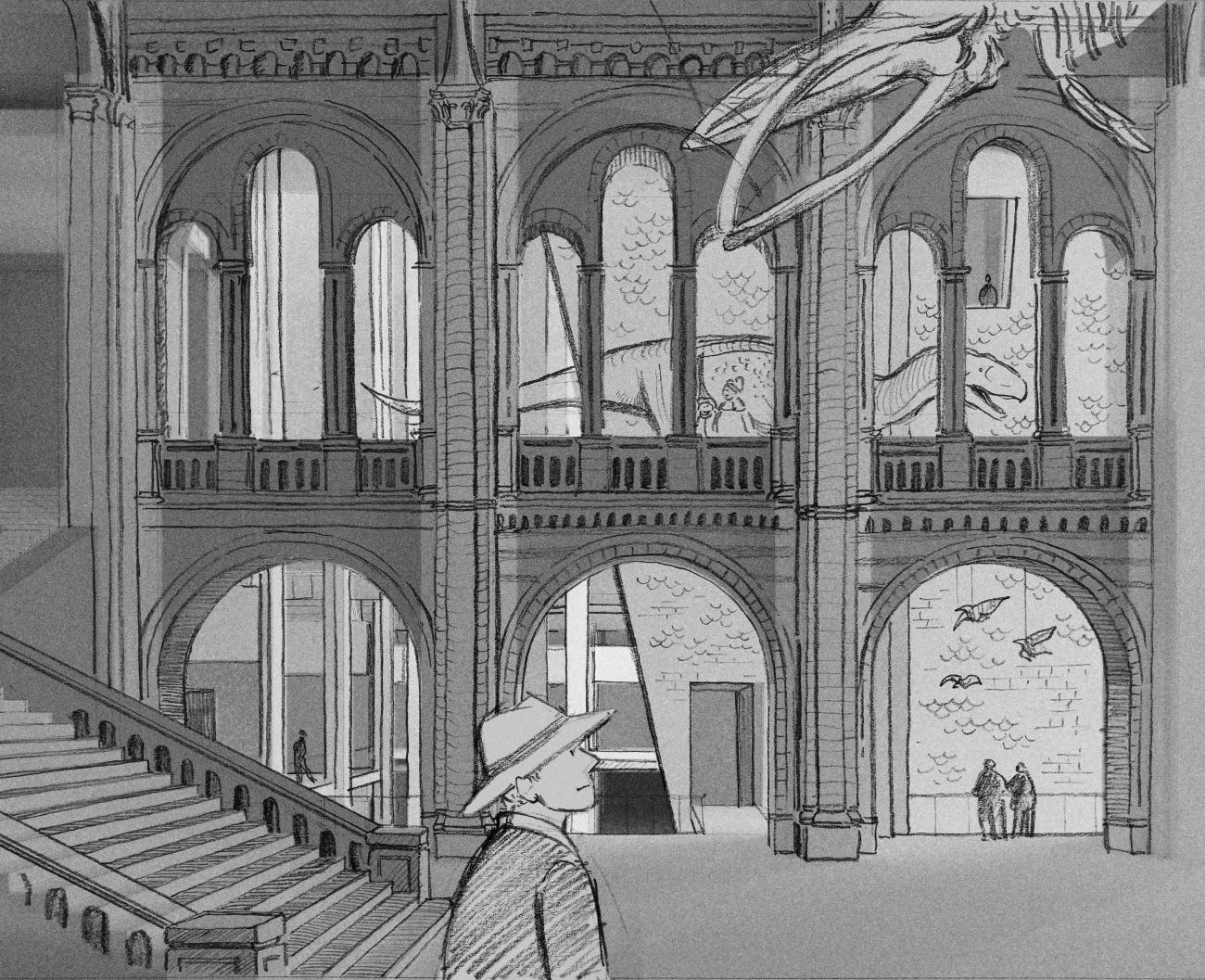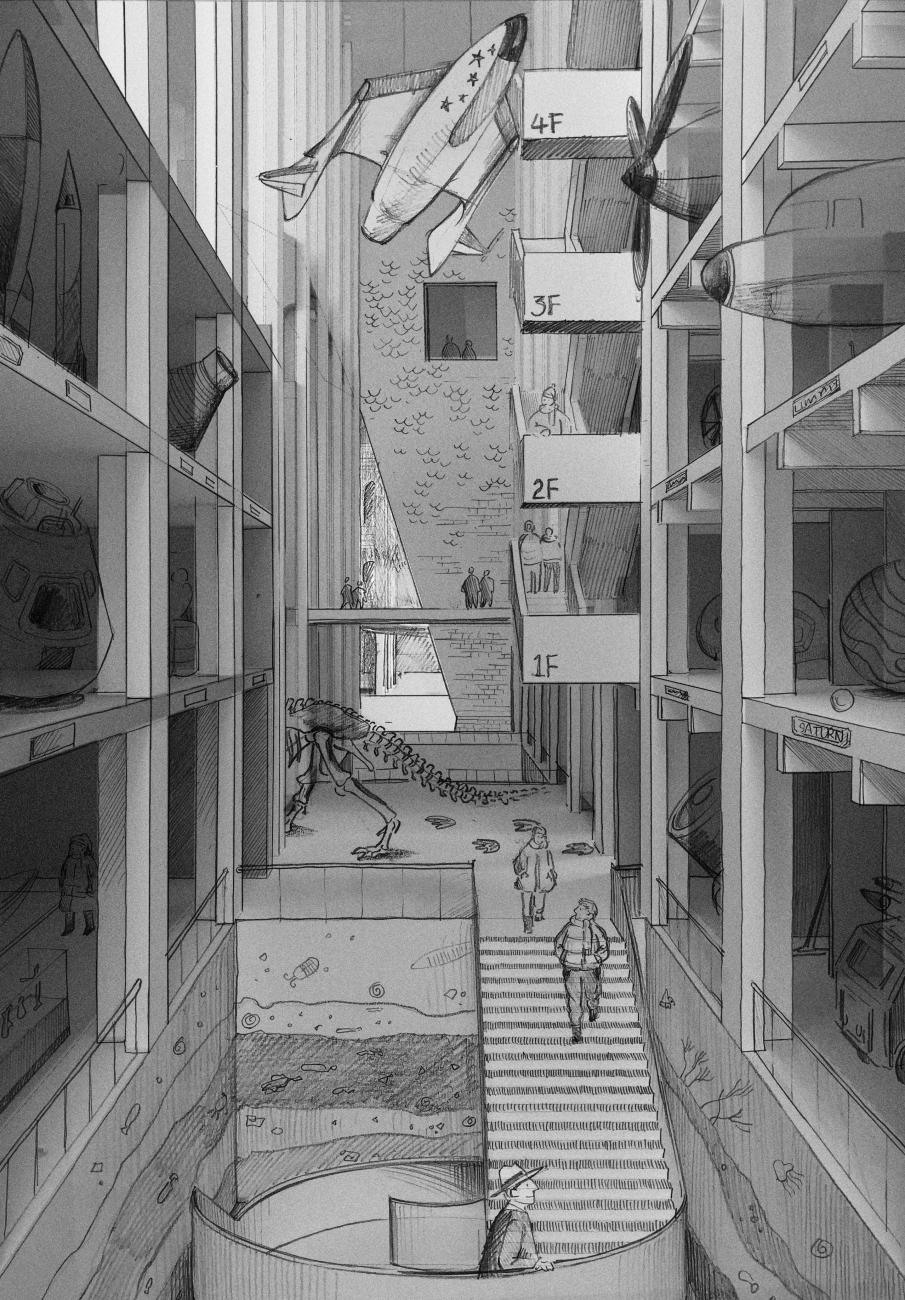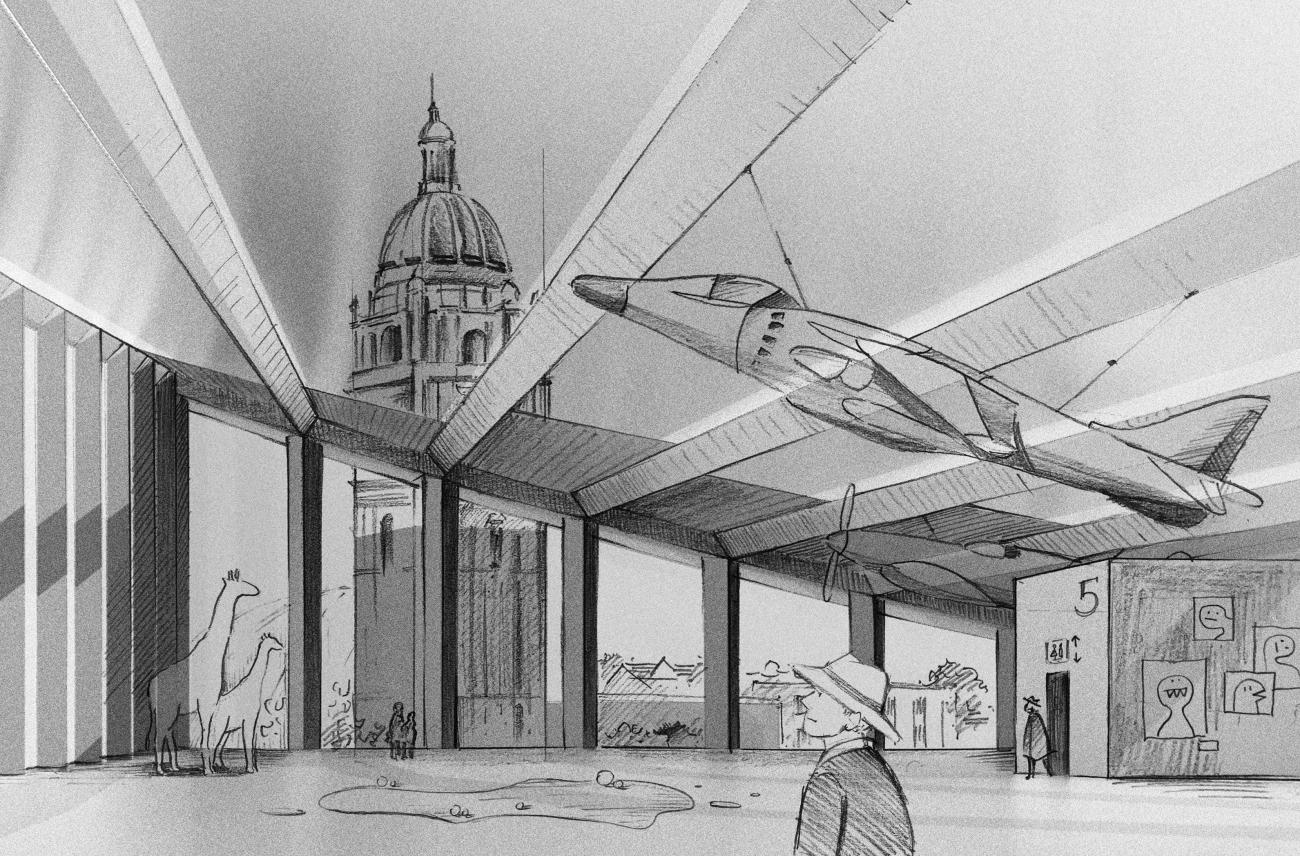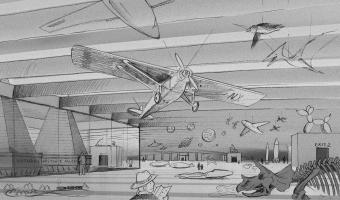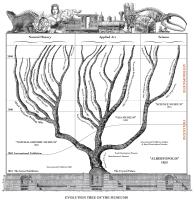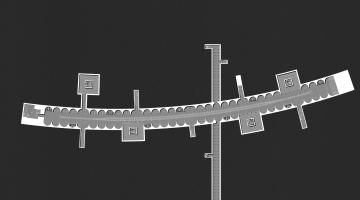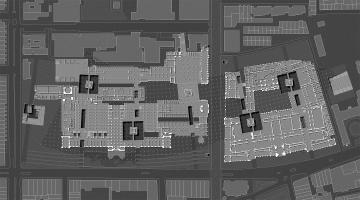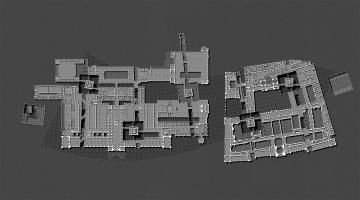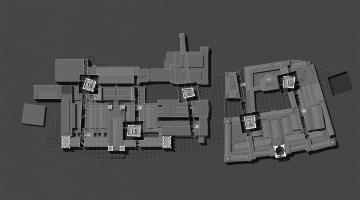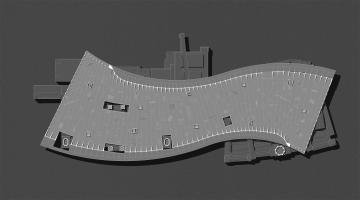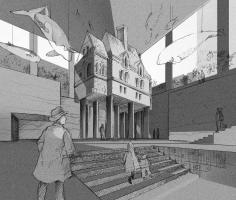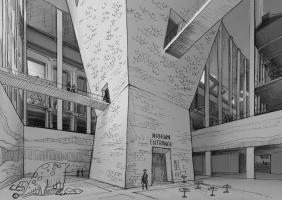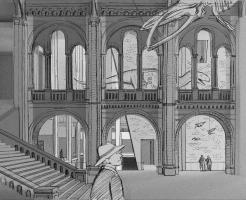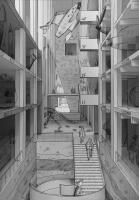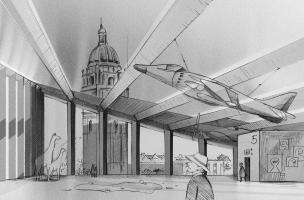In its descent from cabinets of curiosities to museums, the exhibition of knowledge is shifted from inclusiveness to specialization. This evolution from the general to the specific is well-preserved in London’s Albertopolis. Where the ultimate cabinet - the Crystal Palace - once thrived, later museums diversified along three major branches: natural history, science, and applied art. Embodying expansion by categorization, these London museums became fossilized remains of an obsolete division of the world.
In the age of the Anthropocene, this thesis proposes an inclusive museum that eliminates the redundant divisions of knowledge established in the Victorian era. Through archeological excavation and geological sampling, the individual museums of the Albertopolis are understood as distinctive artefacts in a single collection. The scattered bones of the Albertopolis are assembled into an integrated whole - a dinosaur of the Anthropocene. Swallowed into one cabinet, the world can no longer be separated into the organic, the inorganic and the synthetic.
Close
Xi Luo
2020


